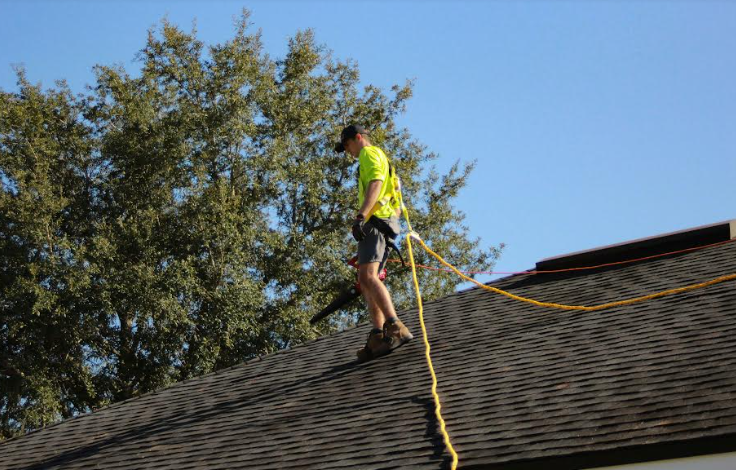Know Before You Go: 7 Key Factors for Vetting Roofing Contractors

Choosing the right roofing contractor can be daunting, but ensuring you consider the right factors can make all the difference. Your roof is one of your home’s most critical components, protecting you from the elements and enhancing your property’s overall aesthetic. Therefore, when it comes to repairs or replacements, you need skilled and trustworthy roofing contractors. Here are seven essential factors to guide your vetting process:
License and Insurance
Always verify that any roofing contractor you are considering is properly licensed and insured. A licensed contractor has met the required standards in your state or locality and is recognized as a professional in their field. Insurance, on the other hand, is crucial to protect you and your property. Ensure they have both general liability insurance and workers’ compensation to avoid being held liable for any accidents or damages that occur during the project.
References and Reviews
A reputable roofing contractor should provide a list of references and have favorable online reviews. Contacting past clients and reading reviews can give you insights into the contractor’s work quality, reliability, and customer service. Look for patterns in the feedback. Consistent praise or recurring complaints can help you evaluate the contractor’s reliability.
Work Warranty
Warranties are a hallmark of quality in the roofing industry. They typically cover the materials used and the workmanship of the contractor. A solid warranty can offer peace of mind, ensuring any issues that arise will be addressed without extra costs. Make sure to understand the specifics of the warranty, including its duration and what it explicitly covers.
Estimated Timeline
Understanding the timeline of your roofing project is essential for planning purposes. Ask the contractor to provide an estimated start and completion date, as well as details about the number of workers on-site and daily working hours. Clear timelines help you plan around the work and manage any disruptions, while also giving you an idea of the contractor’s scheduling and time management skills.
Detailed Written Estimate
Before any work begins, you should receive a written estimate detailing the project’s scope, including materials, labor, and potential additional costs. A detailed estimate acts as a contract, ensuring both parties are clear on the expectations and deliverables. It can also help you compare bids from other roofing contractors, allowing you to make an informed decision.
Experience and Expertise
Investigate how long the contractor has been in business and the scope of their experience. Experience Contractors inquire about their expertise with your specific type of roof to ensure they are well-versed in handling your project.
Local Knowledge
Hiring a local contractor can have significant advantages. Local contractors are familiar with the regional climate and building codes, which can be pivotal for the durability and compliance of your roofing project. They also have established relationships with local suppliers and crews, which can streamline the project and potentially reduce costs.
Considering these factors, you arm yourself with the knowledge needed to choose the right roofing contractors for your project. Remember, investing time in vetting your contractor can save you from headaches and additional costs down the line. Always prioritize clear communication, a solid track record, and a comprehensive service guarantee.





